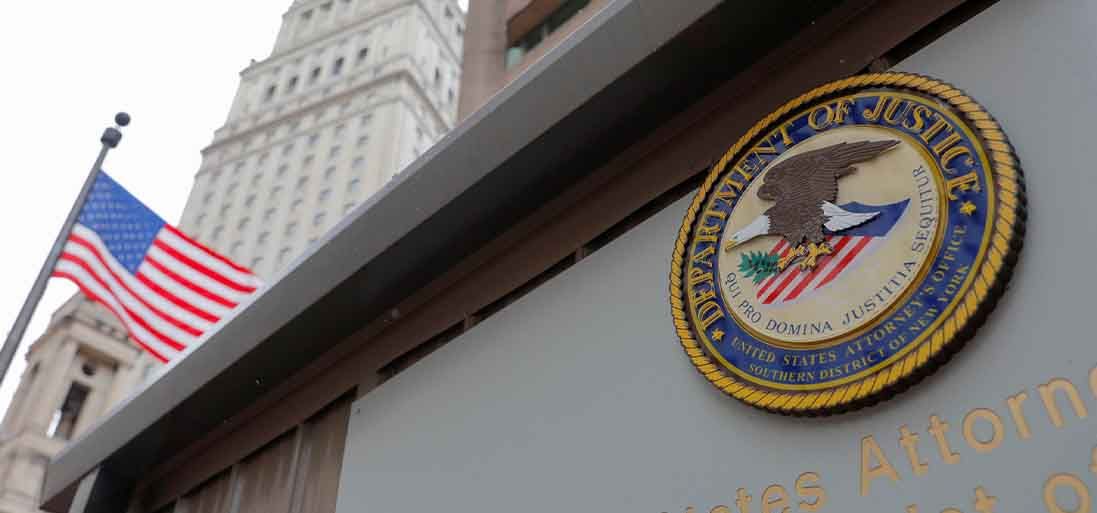The US Department of Justice has initiated an investigation into the FTX cryptocurrency exchange due to the theft of almost $400 million in cryptocurrency. Bloomberg writes about this with reference to sources close to the ministry.
It is reported that as part of the investigation, law enforcement agencies have already been able to freeze part of the stolen cryptocurrency. The exact amount is unclear, but sources claim that it is insignificant compared to the $372 million stolen earlier from FTX. It is reported that the investigation is being conducted by a department of the Ministry of Justice focused on cryptocurrency incidents.
FTX crypto exchange was hacked in mid-November a couple of hours after the trading platform filed for bankruptcy. All the stolen funds were transferred to one wallet. Soon, various theories about what was happening appeared on the web. Many community members believe that the "hacking" is the work of the management or employees of the exchange. This scenario is supported by the fact that the hacker is not trying to cover up the on-chain traces and moves funds in the open.
The new head of FTX, John Ray III, said during court hearings that an unknown person got "unauthorized access" to the exchange's funds just on the day of filing for bankruptcy. Who exactly could have been behind the attack is still unknown.
Later it turned out that the hacker exchanged 50,000 ETH for tokenized bitcoin from Ren Protocol and tried to confuse the history of transfers using cross-chain bridges. The attacker also laundered cryptocurrency through the Uniswap, Curve and 1inch on-chain exchangers.
In mid-November, the FTX cryptocurrency exchange declared itself bankrupt due to a large shortage of assets to cover obligations to customers. The bankruptcy decision came a few days after the head of the Binance crypto exchange publicly announced that he would sell a share in FTX. As the media found out, Sam Bankman-Fried arbitrarily used the assets of clients of the trading platform to cover the debts of his trading firm Alameda Research.







